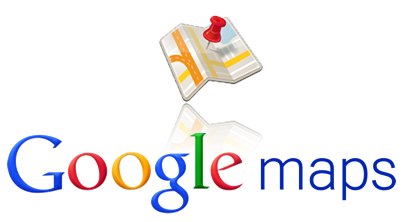
Reports from news outlets across the web and users on Twitter have confirmed that Google Maps has become inaccessible on Windows Phone’s Internet Explorer. Users around the world that try to access maps.google.com are redirected to Google’s search engine. The exact same issue takes place in Canada with users that try to go to the maps.google.ca domain using the internet browser on a Windows Phone powered device. Users that have smartphones or mobile devices using Apple’s iOS or Google’s Android are not facing any such issues.
Google has gotten in to a public spat with Microsoft because the search giant has announced they will stop supporting Exchange Activesync by the close of January. Microsoft said that it felt “disappointment” over the decision from its competitor and asked that users should move over to Outlook.com as an alternative.
With no Activesync access support, people that use Windows Phone cannot synchronize their Google contacts or calendars on their phones with the ones online. Microsoft has been lagging in its CalDAV and CardDAV support for Windows Phone which would have allowed users of their mobile OS to stay connected to Google’s services easily.
Apple’s iOS will have no such issues thanks to their operating system supporting both CalDAV and CardDAV. Along with the new standards, Apple has also included push support for emails through a native application. Since Android is developed by Google, users of the OS will not face any issues synching their mobile with online accounts.
Google has not commented on the matter but many assume the Google Maps problem for Windows Phone users is just a temporary bug. Previously, Microsoft has stated that Google has been purposefully blocking Windows Phone users from getting YouTube metadata and causing the service to lose its luster on Microsoft’s platform.
Google has not been very secretive about its thought on Window’s Phone and has not released any native Maps or YouTube apps for the OS. There have also been no announcements of future plans for Windows Phone native apps from Google either.
Source: Mobile Syrup